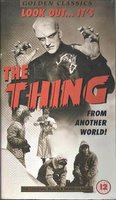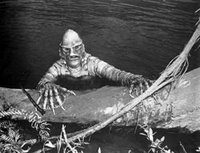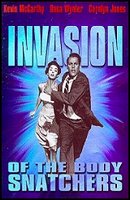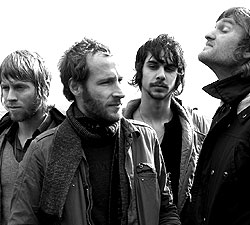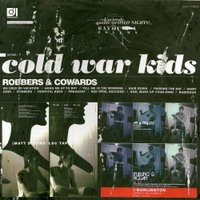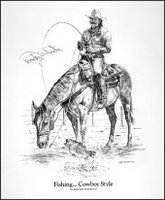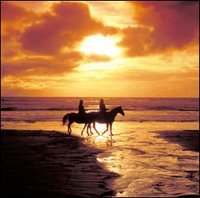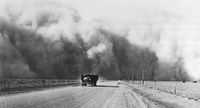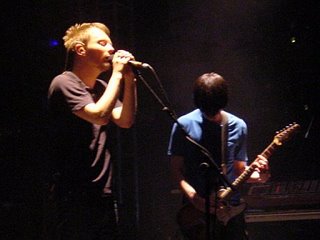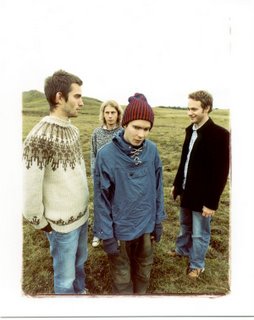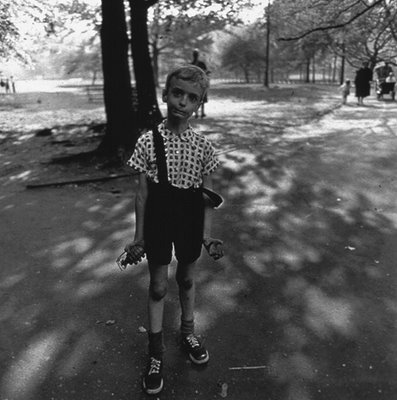Note: I started writing this for a journal that promptly went under before I could finish it and send it to them. Scoundrels.
In the mid 80’s with glam rock (KISS, Poison, Stryper) and new wave (Blondie, The B-52’s, any number of one hit wonders) at their respective kitschy heights, “alternative” started making the rounds as a term to describe bands that were not getting the airplay they deserved. The idea of a music underground, struggling against mainstream corporate grooming and pop gimmicks was attractive, and owed its impetus to the early punk rock of The Ramones, The Clash and The Sex Pistols. Defined by less make-up, pyrotechnics, and production and more authenticity, alternative became associated with decade-defining bands like REM, The Cure, The Red Hot Chili Peppers, and Nirvana.
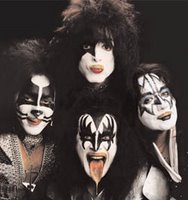
KISS, defining "kitsch rock."
The huge critical and commercial success of alternative bands pushed the term into mainstream usage, and soon alternative bands were not only played on the air, but in the mid 90’s stations were calling themselves “alternative radio.” Many of these stations have since switched to the “modern rock” moniker, but the irony of mainstream alternative remains, attaching itself to everything from the pop-punk of Green Day to the electronic rock of Radiohead, from the intentionally unpolished sound of The Strokes to the geek rock of Weezer. Two decades later, alternative’s broad swath can be found on stations called top-40, modern rock, and even ‘classic rock.’
Somewhere in the middle of this alternative heyday, another reaction took place against the conglomerate that was corporate record labels (EMI, Sony/BMG, Warner, etc.) and major radio stations. Signing to a major label and getting heavy airplay became “selling out,” sacrificing artistic freedom and street credibility for cash and fame. Independent labels multiplied, offering seemingly untainted artists and a host of musical options. A similar movement is visible in film, where so many independent movies are as successful as their mainstream counterparts. In 2005, four of the best picture nominees were indies. Independent films, made with a smaller budget, often feature indepedent soundtracks.
In Zach Braff’s Garden State, when Natalie Portman declares ‘It’s the Shins, this one song will change your life, I promise you,’ the indie rock community gave a collective cheer. Garden State’s mood was perfected by music from The Shins and Iron and Wine, both from Seattle-based
Sub-Pop Records. Sofia Coppola’s Lost in Translation used British indie stalwarts The Jesus and Mary Chain and My Bloody Valentine from London’s now defunct Creation Records to superb effect in capturing both the brilliant neons of Tokyo nights, and the introspective isolation of both main characters.

Natalie Portman smiling because she loves The Shins.
Big studios should be afraid. With internet downloads (legal and non) of music on the rise, album sales are down. When idie releases out-perform their big studio counterparts, insult is added to injury. The Postal Service's "Give Up," also from Sub-Pop, went platinum. Clap Your Hands Say Yeah offered a self-titled, self-released album that was purchased in large quantities by Target stores after generating a buzz. But perhaps corporate labels are only waiting for bands to succeed before buying them out from indie labels (The Strokes, Interpol, Death Cab for Cutie). Sub-Pop is famous for signing Nirvana and Sound Garden, only to later lose them, while Creation Records can boast discovering Oasis before having them bolt for a larger contract.
This may soon change. Bands don't necessarily need to be marketed in traditional ways in order to attract a national fan-base. Radiohead may be the next to
self-release, following the expiration of their contract with EMI. Moreover, the best bands you’ve never heard of may not be unknown very much longer. Increasingly, indie rock music is getting major media exposure. Bright Eyes’s lead singer, Conner Oberst, called “the poster boy of indie rock” by Rolling Stone, was recently the musical guest on The Tonight Show, garnering a national audience. Instead of "selling out" to a larger label, he has staunchly released indie records. Oberst, a singer/songwriter who has drawn comparisons to a young Bob Dylan, released two albums simultaneously in 2005. I’m Wide Awake It’s Morning (
Saddle Creek Records), finds Oberst churning out his customary, folk-inspired sound with whirlwind fervor. Digital Ash in a Digital Urn (Saddle Creek Records,) takes an electronic bent, mixing keyboards, drum machines and a vast array of effects with Oberst’s strong lyrics. Although his subject matter has ventured into Christian faith (Arc of Time), doubt (We Are Nowhere, and It's Now), politics (When the President Prays to God), Oberst writes most potently about failed relationships, again returning to the idea of independent music capturing a deeper emotional honesty than big studio releases.
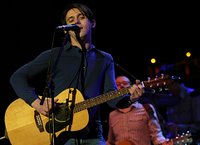
Oberst looking very indie.
Certainly lost love has been a theme of big studio releases, but they often lack the authenticity and aesthetic flair of bands like Bright Eyes. The freedom from big label expectations and formulas (also Hollywood's problem) has led other indie artists like Elliott Smith or Daniel Johnston to create music that excels, precisely because it is not forced or over-produced. Bands like the White Stripes and the Yeah Yeah Yeahs appear to be intentionally creating a raw sound, perhaps in part a reaction to much of mainstream rock.
Indie bands can also self-promote now, more than ever before, through internet avenues. A popular website,
E-Music, is devoted to the electronic sales of independent music. That, coupled with a seemingly generational love for artistic intergrity, a little punk rebellion, and a distrust and distaste for corporate America seems to point toward the continued rise of indie rock.




